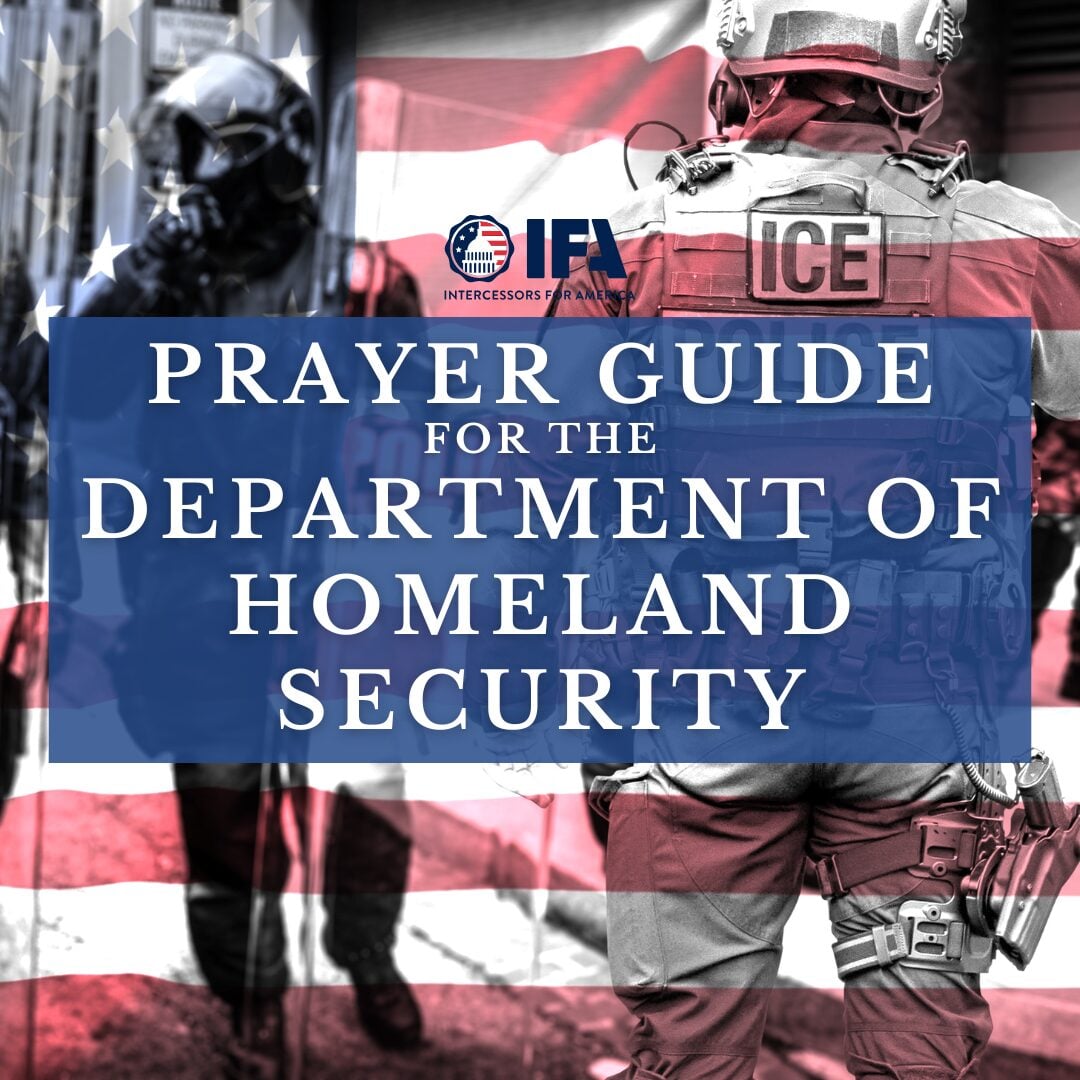1. God desires us to have wealth in order to fulfill His purposes.
God wants to bless His people and bring them wealth, as opposed to merely riches. Riches are perishable assets. Anyone can obtain riches, and many people have done so in ungodly ways. Wealth is having the skills, spiritual knowledge, and Godly character needed to live a productive and kingdom-centered life.
A few Scriptures revealing God’s desire to bring wealth to His people include:
· When we obey Him, we will be blessed in every way (Deut. 28:1-14).
· “The righteous will be rewarded with prosperity” (Prov. 13:21).
· “It is He who is giving you power to make wealth, that He may confirm His covenant” (Deut. 8:18).
· Wealth comes by honesty and labor (Prov. 13:11).
· The diligent are made rich; those who labor profit (Prov. 13:4; 14:23).
Wealth comes through work, thrift, and God’s blessings. People must have Godly character to produce wealth. Wealth is maintained through capital (both material and mental property) and is often passed on through inheritance. In a Christian society, each succeeding generation will be more prosperous than the one before…
2. Christianity produces liberty which is necessary for economic advancement.
In the Lord’s Prayer Jesus taught us to pray, “Give us this day our daily bread.” Throughout most of history this prayer had (or would have had if prayed) great significance because most people in most nations have had difficulty getting enough food to eat. In fact, most people have lived with hunger through most of their lives, and many have starved to death, and still starve to death today. (Hunger is the leading cause of death in the world today.)
But with the birth of America, famine ended and this prayer was answered. America leaped forward in seeing provision for the daily needs of its citizens. From the year 1623, when the Pilgrims replaced the communistic economic system imposed upon them with a Biblical individual enterprise system, there has been no famine in the land. By the mid-1800s an abundance existed. Even while parts of Europe were starving (for example, during the potato famine in Ireland), America was prospering. Why?
Up until recent times, mankind basically lived the same way for 6000 years of recorded history. They cooked over open fires, used simple plows, harvested by hand, spun on simple wheels, etc. But beginning with the birth of America, there was an outburst of human energy, an exponential increase of inventions, and great growth of wealth. Why?
Was it because of great natural resources? No, for many nations have as many or more. Was it due to the special qualities of the European settlers? No, for some of these same people were starving in Europe. Was it because Americans worked harder than others in the world? Not really (though diligent labor was important in America’s prosperity — the Puritan work ethic is foundational for America’s success). What then? The primary reason was due to man being able to live in Christian liberty, and this came due to people having a Biblical idea of man, family, education, government, law, and economics. A Biblical worldview released character and ideas in men that propelled them forward in taking dominion over God’s creation…
3. A Christian economy (with the corresponding fruit of wealth, blessing, charity) will flow from the heart and mind of man outward.
Christianity produces internal liberty in man, which is the foundation for a Christian economy. The internal change of heart that Christ brings produces Christian character and self-government which is necessary for an economy to be prosperous. Christian character and self-government produce:
· People who will not steal. Billions of dollars are lost each year by American businesses to theft by their employees. This theft is much greater than that by non-employees.
· People with a strong work ethic who will labor hard and be productive. This will cause an economy to grow.
· People who will save and invest to acquire greater return later.
· People who have concern for their posterity and will seek to pass on a greater estate than they received.
The truth of the gospel also imparts new ideas and creativity to man which assists him in increasing his material welfare. This occurs as man creates new and better tools. In addition, man gains the understanding that God has given him an abundance to rule the earth and if he seeks His supply, he will find it.
4. Private property is a fundamental component of prosperous, advancing economies.
God’s ownership and man’s stewardship.
God created all things (all property), and thus He owns it all. “The earth is the Lord’s, and all its fullness. The world and those who dwell therein. For He has founded it upon the seas, and established it upon the waters” (Psalm 24:1-2). God gave men laws that reveal how His creation functions best. If man substitutes his own laws for God’s laws, the result is judgment. This judgment comes in part when men must eat the bad fruit of the bad seeds they plant. This is certainly true when men violate God’s economic principles…
5. Individual enterprise and wealth result when men are able to benefit from the fruit of their labor.
The Bible teaches that you are to benefit from the fruit of your labor. You should eat the fruit of your own labor. The profit motive encourages more labor, which produces more wealth. The Bible teaches, “You shall not muzzle the ox while he is threshing. . . . the plowman ought to plow in hope, and the thresher to thresh in hope of sharing the crops” (1 Cor. 9:9-10).
Paul writes that if you don’t work you don’t eat (2 Thess. 3:10b). Conversely the harder you work, the more you should benefit materially with more to eat, etc. There is much in the Bible about the importance of laboring:
- “Six days you shall labor and do all your work” (Ex. 20:9).
- Pr. 13:11 — Labor to gain wealth.
- Prov. 14:23 — There is profit in labor.
- Pr. 13:4 — The diligent will be made rich.
- Labor is the title deed to property (both external and internal).
7. The free market encourages men to serve the wants and the desires of their fellow man, voluntarily.
A voluntary working together of all peoples and regions of a nation will encourage economic growth. This would prohibit any tariff barriers within a nation and create a nationwide “common market.” This would allow each person in each region or district of a nation to do what he could do best (and working with the natural resources in his locality), and exchange it for the production of others, using honest money as the medium of exchange. Each person is free to sell or not to sell at whatever price they want to offer, but they cannot force anyone to buy. Exchange of goods and services is voluntary and will occur as all involved believe they benefit from the exchange.
The prices of goods and services will be determined by “supply and demand.” In a free market the supply of goods and services will balance out the demand for those goods and services at a price buyers are willing to pay and sellers are willing to accept. The greater the supply of any particular kind of good or service, the more the price will tend to go down. The greater the demand for any kind of good or service, the more the price will tend to go up…
8. Labor and rest are needed to gain profit, wealth, and enjoyment in life.
The Bible teaches that if you don’t work, you don’t eat (2 Thess. 3:10b). The Fourth Commandment says you are to remember the Sabbath, and “Six days you shall labor and do all your work” (Ex. 20:9). Point 5 above presented the importance of laboring and of being able to eat the fruit of your own labor. The profit motive encourages more labor, which produces more wealth (1 Cor. 9:9 ff).
Work
Work is central to life and fulfilling our purpose in the earth. Remember, we are to work six days. But Godly work is much more than just our 40-50 hour job from which we make money. Work is “all of our productive daily activities — job, family and relationships, and community involvement — that help bring about the Kingdom of God.” “Work is simply all human activity that sustains and improves the world.”4 This includes my job, raising my family, ministry work, tending my lawn, etc.5
Rest
The Creation order, where God rested on the seventh day, and the command to observe the Sabbath and rest in God, reveal the importance of rest. Balanced Godly labor comes out of our rest in God. We need rest for our bodies, souls, and spirits. The principle of rest applies to all of God’s creation — man, animals, land, etc. Rest is so important that about one-third of our life is spent sleeping, plus one out of seven days is to be spent resting during our waking hours. In addition, there are times for rejoicing before the Lord each year (spiritual vacations), and Sabbatical times of rest…
9. Wealth is transferred and accumulated through inheritance.
“A good man leaveth an inheritance to his children’s children: and the wealth of the sinner is laid up for the just” (Prov. 13:22). Parents are to lay up an inheritance for their children (2 Cor. 12:14). The principle of inheritance governs the transfer of wealth and property from parents to children. The example of inheritance is seen in the Bible by the transfer of property from God to His children.
God created the earth and it all belongs to Him, but he gave the land to Adam (man). When Adam rebelled against God, then he forfeited the land to Satan, who then took possession of it like a squatter takes possession of land not governed by the owner. Adam was disinherited as a son, and thus lost his inheritance. Satan, the squatter, held possession until the rightful heir came for His property. Christ came, took possession of what was His, and then restored the inheritance of the earth to His people — we have become heirs of all things, which includes the earth.
The parable of the absentee landlord gives a picture of God’s original ownership, the failure of mankind (and the nation of Israel in particular) to recognize His ownership (persecuting God’s stewards and killing His Son), the return of the Heir to take possession of what was His, and finally of the Heir taking the Kingdom from those who had not been good stewards and giving it to the Son’s new covenant children (the church) (see Matt. 21:33-43). Thus, Christ’s people have inherited the Kingdom which includes the whole world.
Socialist governments seek to fulfill the duty of families, thus they take the wealth and authority of families to try to do this. Inheritance taxes are rooted in the old statist/socialist ideas seen in Babel and in the Caesar mindset. The state claims to be the owner of all property and, since they are the ones who provide for citizens as they get older or get sick, then they are the ones who should control the property of the citizens. The reasoning of the socialist is: Children did not produce the wealth, nor will they provide for themselves or the family in the future, so the one that provides (the state) should inherit the family fortune. The socialist promises to take care of everyone if necessary, from womb to tomb, but he will need plenty of money and control of property to do so.
Inheritance is rightfully gained through Godly labor, thrift, and passing on wealth and an inheritance to our children…
10. The poor and needy are to be assisted by voluntary Biblical giving.
The Bible speaks in many places about caring for the poor, but the Bible also explains how we are to truly assist those in need. Merely giving handouts is not God’s means of provision for the poor and needy. Biblical provision is through applying gleaning principles, short-term loans, skill development, and training.[7]
God desires us to give voluntarily. A gift grudgingly given is not one that pleases God; He loves a cheerful giver. For giving to be voluntary it cannot be done by the state, but must be done by individuals, the family, and the private sector. State giving always uses force to take from some people and give to others. The needs of the early church were met by voluntary gifts. As mentioned previously, needs are best met by voluntary associations.
As we seek to help those in need, whether our neighbor or those in other countries, it is important to remember: It is much better for us to sow the seed of liberty than donate the fruit of liberty. If we teach people how to have liberty, then they will have the foundation necessary to prosper. Without this, there will never be permanent transformation…
Excerpted from https://providencefoundation.com/the-bible-and-economics/
Learn more about this wonderful minsitry, Providence Foundation, at http://providencefoundation.com/






Comments
The Bible and Economics above is a super article. I gleaned a lot from it and all Christians would benefit from reading it. It clarifies a lot of what we need to know. Thank you!
Great article, well articulated.